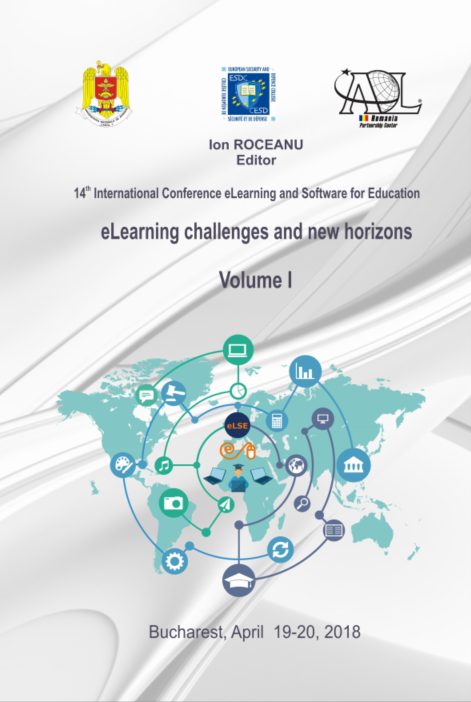Enhancing Organizational Performance Through E-Coaching Sessions: Quantitative Approach
Enhancing Organizational Performance Through E-Coaching Sessions: Quantitative Approach
Author(s): Mihaela BucurSubject(s): Social Sciences, Education
Published by: Carol I National Defence University Publishing House
Keywords: e-coaching; virtual coaching; telephone coaching; organizational performance; blended coaching;
Summary/Abstract: The support resources available to e-coaching vary greatly from organization to organization, and even within organizations, remaining a critical factor in the long-term success of any organization. Lately, like never before, organizations are increasingly challenged to discover new and efficient approaches to support and enhance their performance. In this context, e-coaching stands as a significant approach for enhancing organizational performance. In Romania, e-coaching is emerging as a relatively new field, in spite of its’ being used by organizations from other countries for quite some time. This paper describes current empirical findings regarding the use of an e-coaching set of measures which combines phone coaching and internet-based (virtual) coaching. The current research particularly studies how sustainable coaching is, through the analysis of customers’ satisfaction regarding self development, but also related to the coaching reasons as well as the degree of goal attainment, after the end of the three coaching sessions. The study focuses mainly on coaching effectiveness. Within this study, a professional coach provided three coaching sessions to 28 customers. A quantitative analysis was conducted, data being therefore collected by questionnaire. Findings suggest that participants are satisfied by both technological procedures (telephone and internet-based coaching). The paper also highlights the advantages and the limits of the e-coaching approach in organizational practice, by comparing it to face-to-face coaching. In addition, findings also prove that a blended approach, which supposes that combination of the technology-mediated coaching sessions with the traditional face-to-face coaching approach, can deliver positive outcomes. The purpose and objectives of this study are to shed light on the academic research focusing on telephone coaching combined with an internet-based (virtual) coaching.
Journal: Conference proceedings of »eLearning and Software for Education« (eLSE)
- Issue Year: 14/2018
- Issue No: 01
- Page Range: 370-375
- Page Count: 6
- Language: English

